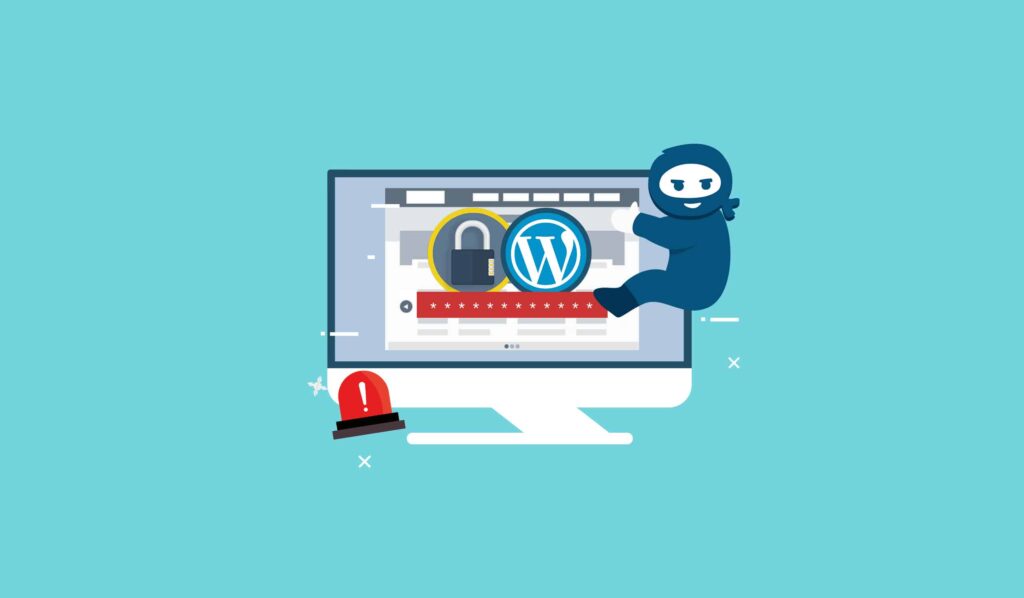In the vast ecosystem of WordPress, plugins are the secret ingredients that transform basic websites into dynamic, feature-rich platforms. However, alongside their incredible benefits, these plugins can also be a double-edged sword if not properly secured. Unsecured WordPress plugins pose significant risks, threatening the very foundation of your online presence. In this article, we delve into the hidden dangers of unsecured plugins and explore effective strategies to safeguard your website.
The Hidden Dangers of Unsecured Plugins
WordPress plugins, while enhancing functionality, can also be gateways for malicious activities. One of the primary risks is the introduction of vulnerabilities that hackers can exploit. Many plugins are developed by third-party developers who may not always follow stringent security protocols. As a result, these plugins can harbor vulnerabilities such as SQL injections, cross-site scripting (XSS), and backdoors. When a vulnerability is exploited, hackers can gain unauthorized access to your website, leading to data breaches, defacement, and even complete takeover of your site. The impact of such security breaches can be devastating, tarnishing your brand’s reputation and leading to financial losses.
Moreover, the popularity of WordPress makes it a prime target for cybercriminals. With millions of websites relying on various plugins, a single vulnerability can have a widespread effect. Unsecured plugins can be used to distribute malware, conduct phishing attacks, and create botnets. The interconnected nature of plugins means that an issue in one can cascade into multiple problems across your website. This interconnectedness emphasizes the importance of vigilance and proactive measures to ensure that your plugins are secure and up-to-date.
Identifying and Mitigating Plugin Vulnerabilities
To combat the risks posed by unsecured plugins, it is crucial to implement a robust strategy for identifying and mitigating vulnerabilities. Start by conducting thorough research before installing any plugin. Check for reviews, ratings, and the developer’s history. Reliable developers who regularly update their plugins and respond to security issues are more likely to provide secure options. Additionally, avoid using outdated plugins, as they are often more susceptible to attacks due to lack of support and updates.
Another effective measure is to employ security plugins specifically designed to scan for vulnerabilities in other plugins. These security tools can identify and alert you to potential threats, allowing you to take immediate action. Regularly updating all plugins to their latest versions is equally important, as updates often include patches for known security issues. Furthermore, removing unused plugins can reduce the attack surface of your website, making it harder for hackers to exploit potential vulnerabilities.

Best Practices for Securing Your WordPress Site
Securing your WordPress site involves more than just focusing on plugins; it requires a comprehensive approach to overall website security. Start by using strong, unique passwords for all user accounts and enable two-factor authentication (2FA) for an additional layer of security. Regular backups are essential to restore your site quickly in case of a security breach. Automated backup solutions ensure that you always have a recent copy of your site data.
Implementing a web application firewall (WAF) can further protect your site from malicious traffic and attacks. A WAF filters incoming traffic, blocking harmful requests before they reach your site. Additionally, limiting login attempts can prevent brute force attacks by locking out users after a specified number of failed login attempts. Regularly monitoring your website for suspicious activity and conducting security audits can help detect and address vulnerabilities before they are exploited.
Conclusion
In the ever-evolving landscape of cybersecurity, the importance of securing WordPress plugins cannot be overstated. While plugins enhance the functionality of your website, they also introduce potential risks if not properly managed. By understanding the dangers of unsecured plugins and implementing proactive security measures, you can protect your website from malicious attacks and ensure a safe online environment for your users. Remember, in the realm of cybersecurity, vigilance and proactive action are your best defenses against the threats posed by unsecured WordPress plugins.

